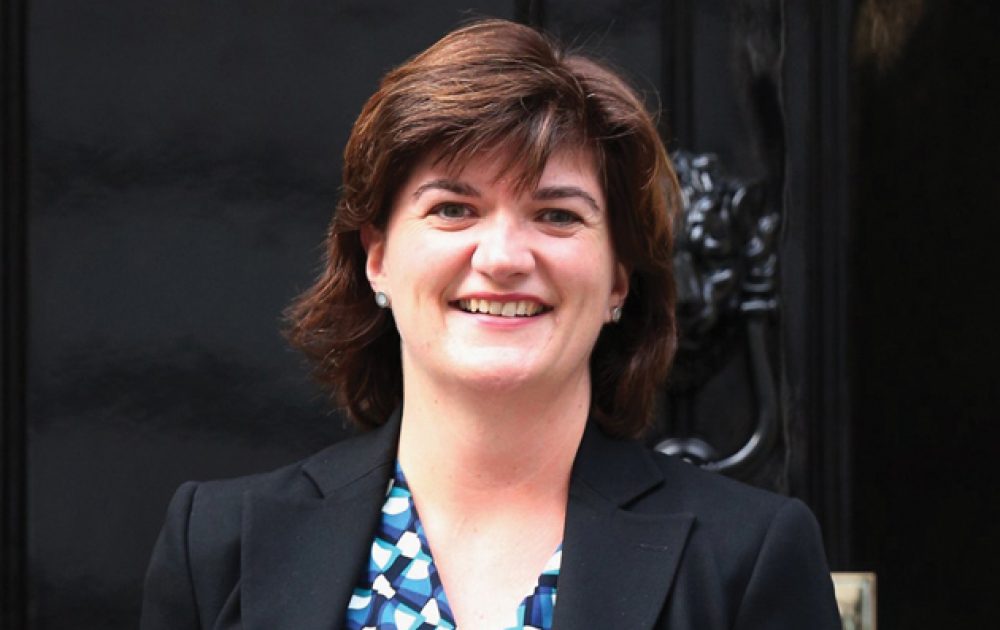The DfE has announced new measures to support pupils with mental health problems inside and outside the classroom, including guidance for schools published with the PSHE Association.
Education secretary Nicky Morgan unveiled a range of initiatives targeted at the one in 10 children with a diagnosable mental health disorder – around 3 children in every classroom – while helping their classmates to develop an understanding of the problems they face.
She said the new guidance produced in conjunction with the PSHE (Personal Social Health and Economics) Association will help schools provide age-appropriate teaching on mental health problems from anxiety and depression to eating disorders and self-harm.
A series of lesson plans spanning key stages 1-4 will be published by the PSHE Association during the summer term.
Ms Morgan also announced a new guide offering practical advice to heads on how to deliver top-quality school-based counselling services.
She also revealed a funding boost of £4.9m through the government’s voluntary and community sector funding programme for voluntary organisations to increase support on offer for young people struggling with mental health issues.
This funding forms part of a £25 million pot of money designed to bolster the work of organisations that make a difference to children and their families. This is the first year that the programme has placed a specific focus on mental health projects. Successful bids include £400,000 for mental health charity Mind to provide pupils worried about their mental health with a confidential route to learn more about and seek support, and £440,000 to provide specialist intervention for young people in schools, supporting prevention and ensuring problems are tackled before they escalate.
Ms Morgan said: “As a mum myself, I know growing up today is no easy task. Young people are under more pressure than ever before in ways that are unimaginable to my generation. This is driven home to me every week when I visit schools across the country and talk to pupils about the issues affecting them – and mental health comes up time and time again.”
She added: “We send our children to school to learn life lessons both inside and outside the classroom. The new guidance published today will give teachers the confidence to teach mental wellbeing sensitively and effectively, while the lessons plans will give them the material needed to inspire them.”
There must be “no trade-off between learning about mental health and academic success”, said the education secretary. She continued: “By improving teaching on this subject we will help young people make sense of mental health issues and teach them how to keep themselves and others healthy.”
Childcare and education minister Sam Gyimah said children’s lives can be “disrupted by poor mental health, from stress and anxiety about exams to incredibly serious and debilitating long-term conditions.
“It can also be hard to help these young people access the right support they need to get better.
“The new guidance and lesson plans will help make sure that every single school in the country is a place where mental health needs are identified and where appropriate support is provided sympathetically and without stigma.”
The guidance has been produced under a grant from the DfE. PSHE Association emotional health and wellbeing advisor Dr Pooky Knightsmith said teaching pupils about mental health and emotional wellbeing as part of a developmental PSHE education curriculum can play a vital role in keeping pupils emotionally safe.
She added: “It is a good opportunity to promote pupil wellbeing through the development of healthy coping strategies and an understanding of pupils’ own emotions as well as those of other people. Such lessons can also be used as a vehicle for providing pupils who develop difficulties with the strategies needed to keep themselves healthy and safe, while helping their peers to support those who are facing challenges.
“Talking openly with children and young people about mental health issues is a simple and effective means of breaking down the associated stigma.”







No support at Southam collage